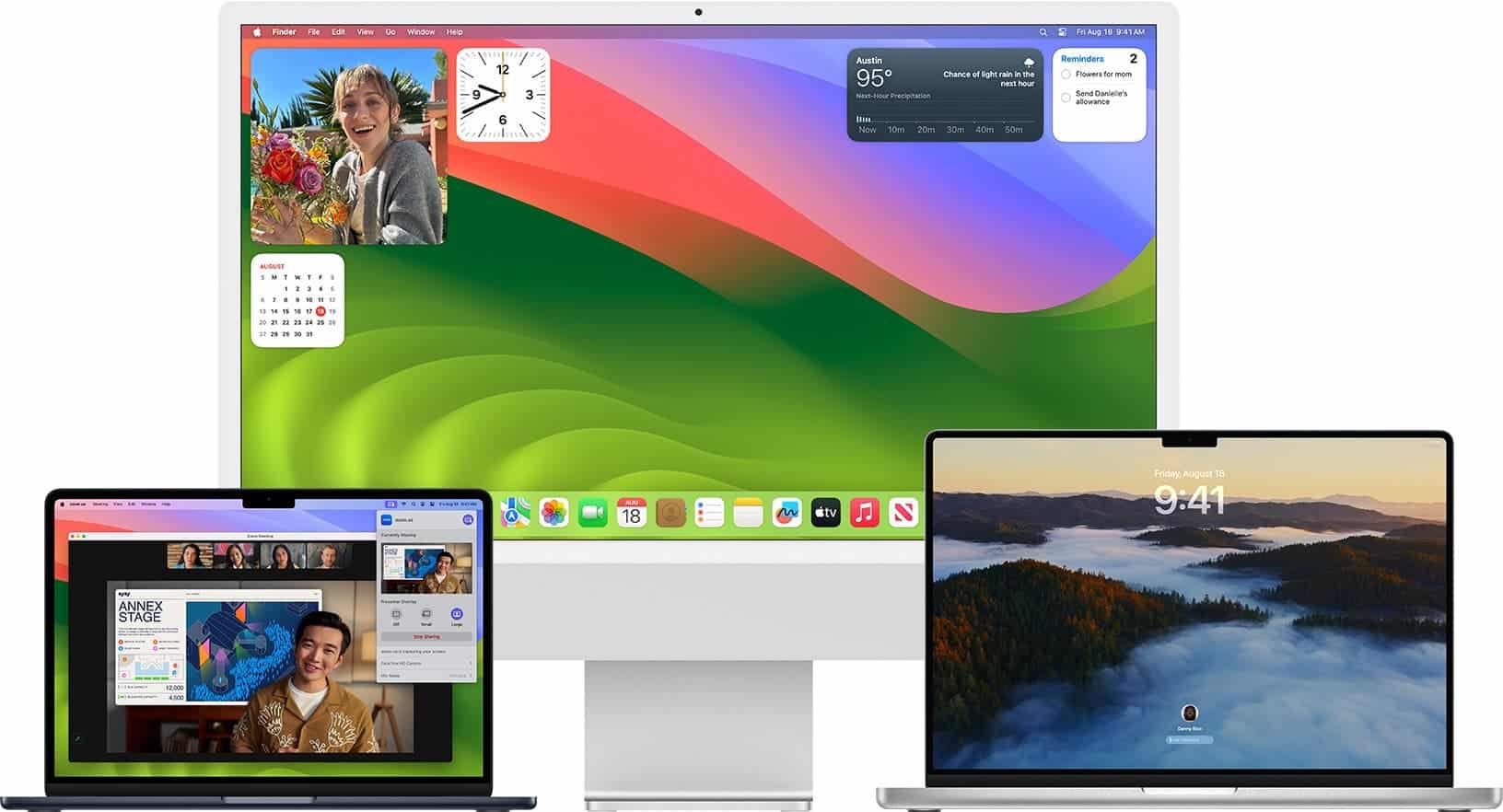Apple’s latest crown jewel is the brand-new Apple iPad Pro M4. It boasts a stunning OLED display and the powerhouse M4 chip. All that makes it the thinnest and the most powerful tablet Apple has ever created. To fill you in, Apple uses the same M4 SoC for its Macbooks. That means you’re getting laptop-grade performance but in the form of a tablet.
But despite these impressive upgrades, the demand might fall short of expectations. Do you know why that might happen? It’s because of the operating system. Let’s delve into the potential reasons why iPadOS might be dragging down the mighty Apple iPad Pro M4.
High-end Build, Top-Notch Hardware, But the Same OS?
The iPad Pro M4 boasts a dream team of features. It brings a gorgeous design, the long-awaited OLED display, a larger screen for an even more immersive experience, and a revolutionary M4 chip. All these make it feel like Apple built for next-generation AI tasks. Apple’s engineering prowess is on full display here. The team has pushed the boundaries of thinness and processing power. But is the software keeping pace? Here’s where things get interesting.
There’s no doubt that the hardware screams cutting-edge. However, the iPad Pro M4 runs on iPadOS. It’s the same operating system powering all iPads, from the most basic to the most advanced. This one-size-fits-all approach might be holding back the M4’s true potential.

iPadOS Can Run Fine Even on 2020 Hardware
The iPadOS conundrum lies in its versatility. It runs on both the A14 Bionic chip found in older iPads and the mighty M4 powering the Pro model. This raises a crucial question: is the software underutilizing the M4’s raw power?

Here’s the rub: core functionalities like file management, navigation, and the user interface remain identical across all iPad models. Apple prioritizes a consistent experience. The company achieves that by creating a level playing field from the base iPad to the Pro. This might benefit casual users. However, for those who invest in the “Pro” moniker, the lack of distinct features specific to the M4’s capabilities feels like a missed opportunity.
What Can Apple Do to Make Its iPad Pro M4 Truly Deliver
To justify the premium price tag associated with the iPad Pro M4, Apple needs to bridge the gap between the hardware’s potential and the software’s capabilities. Two potential solutions exist:
A Touch-Optimized macOS for the Apple iPad Pro M4
Apple could consider porting a version of macOS specifically designed for touchscreens, offering a familiar yet powerful interface for Pro users.

iPadOS Pro Features
The company can develop functionalities exclusive to the iPad Pro M4. These could leverage the hardware’s strengths, catering to the needs of power users. This approach would solidify the “Pro” distinction and unlock the M4’s true potential.

For Now, You Might Be Better Off With Apple iPad Air M2
The current state of iPadOS creates an unbalanced dynamic. Apple’s M4 chip boasts immense power, yet iPadOS, designed for a range of devices, seems to be holding it back. This raises a critical question: with the M2 iPad Air offering similar functionality at a lower price point, is the iPad Pro M4 worth the investment?

For now, the iPad Pro’s true potential remains locked. Unlocking it hinges on Apple’s next move. Ideally, they would introduce features designed to leverage the M4’s AI capabilities and processing prowess. This, coupled with a move away from the conventional iPadOS design, could elevate the iPad Pro to a computer replacement status.
Only then can the “Pro” moniker reflect the device’s capabilities, justifying its premium price tag and solidifying its position as a leader in the tablet market.





